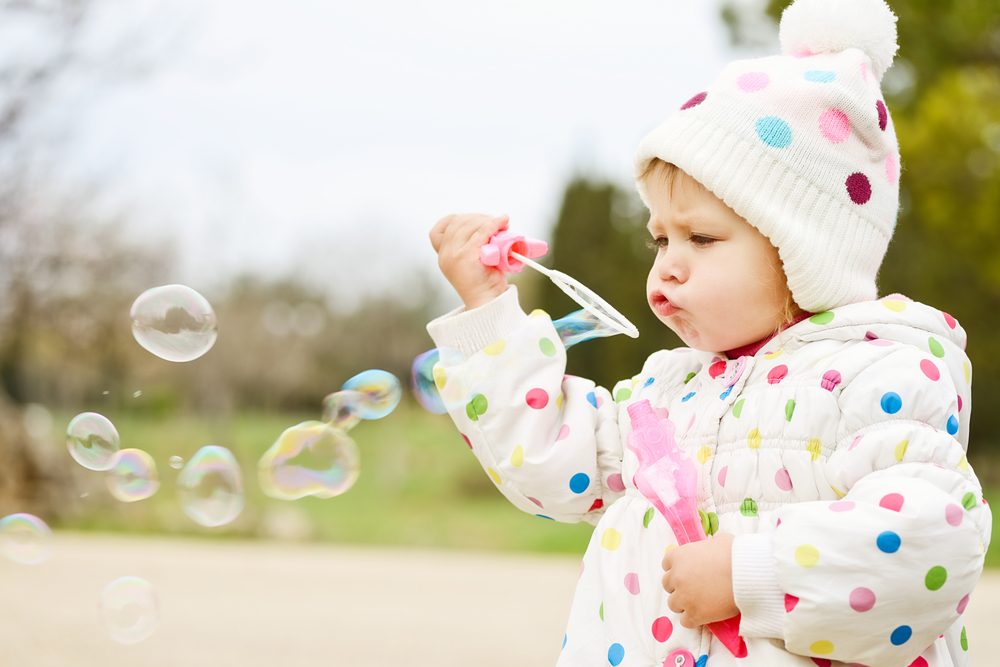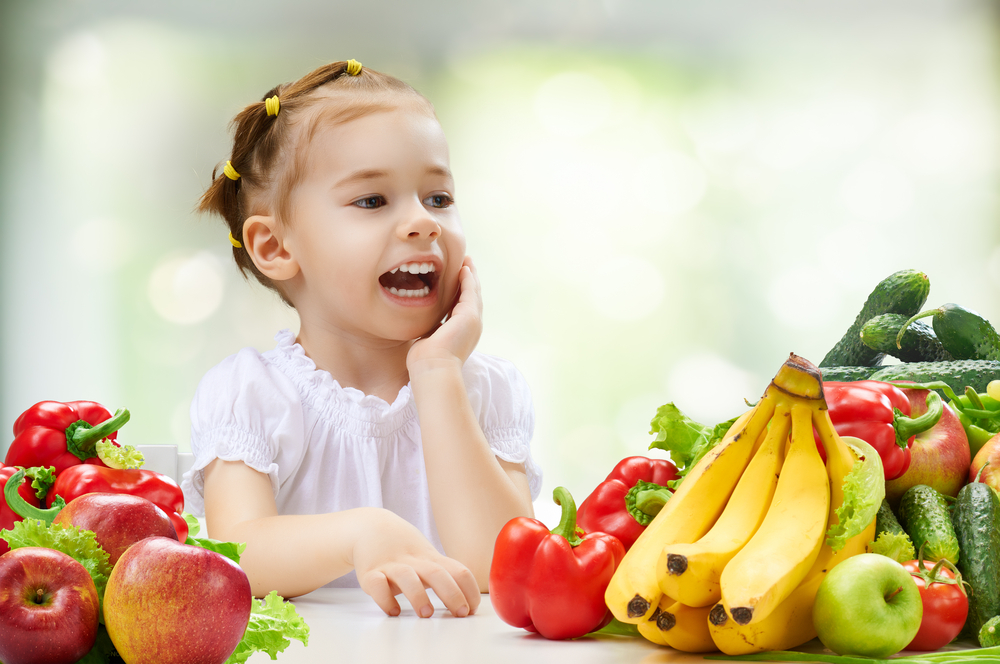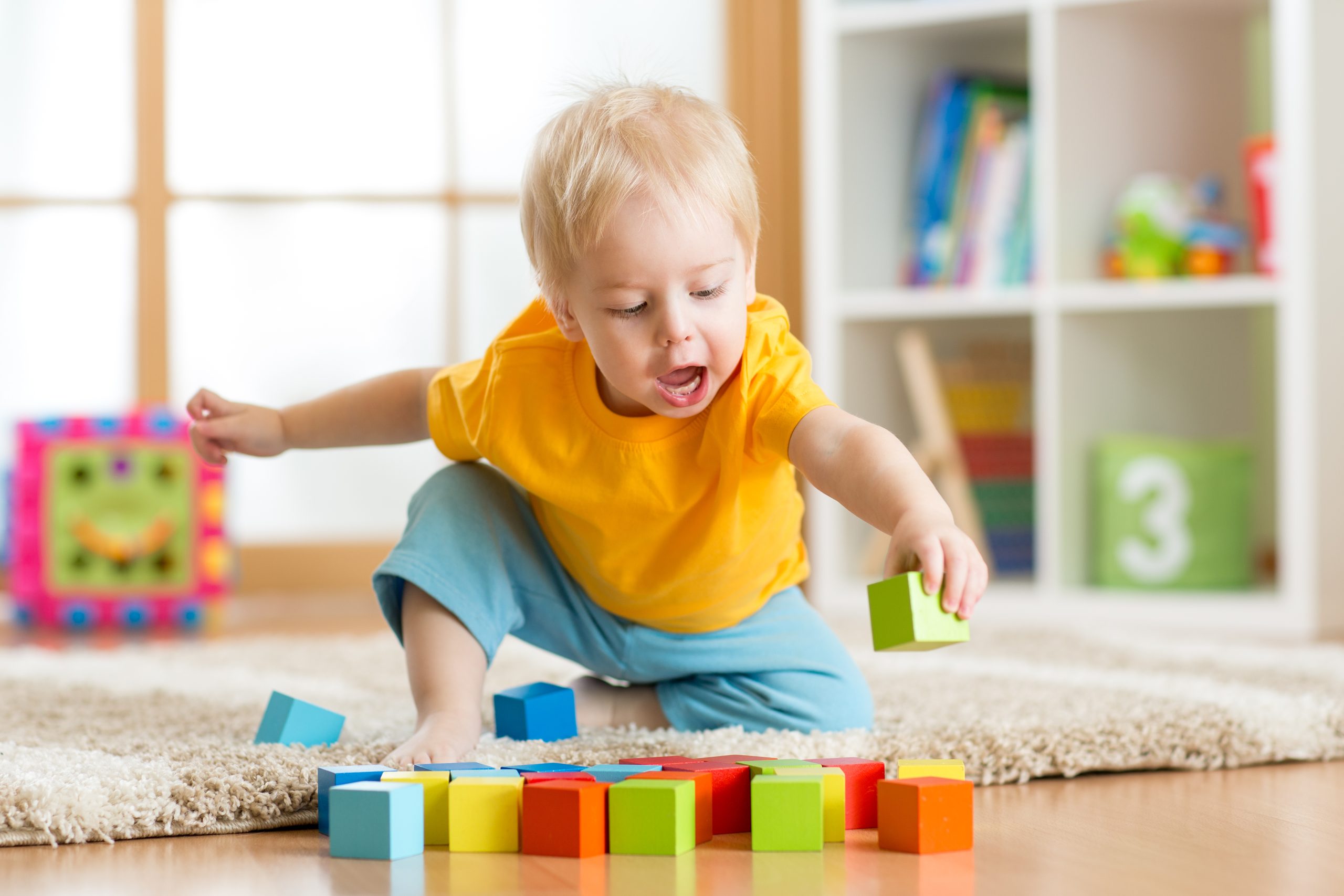Learning is a fundamental component of early childhood education. Self-care and adaptive tasks are an integral part of that. Prior to entering preschool or elementary it is vital that young children know how to complete some everyday tasks.
These tasks can include anything and everything from personal hygiene to getting dressed in the morning. Showing greater independence is likely to make your child have greater self-confidence. It also prioritizes self-care, which can then become a life-long habit.
Dressing up by Themselves
Fantasy and imaginary worlds of play are apart of the magic of childhood. Many may assume that dress-up is a mindless activity of just playing pretend. However, dressing up can give young children authority in their fashion choices, in addition to teaching them some of the basic principles of putting clothes on. Provide toddlers with clothing items that have many different and diverse closures, including: Velcro, zippers, snaps, and buttons. Toy companies like Magic Cabin offer great deals on both clothing and accessories for dress up. According to a parenting article there are five essential skills that your child can gain from playing dress up. These include fostering imagination, exploration, empathy, gender communication, and improved communication. Pinterest offers over 140 different play pretend and dress up ideas for your young child. Overall, dressing is a fun and exciting way to teach children a variety of life long skills, in addition to expanding their imaginative horizons.

Copyright: Elena Stepanova
Personal Hygiene
Personal hygiene is an essential skill. Ideally, children would learn it before entering school. Parents can oftentimes teach their children these skills through leading by example. Playing pretend with toys can also help to facilitate the process. By brushing a doll’s hair, or nurturing a favorite stuffed animals the skill of taking care of something is ingrained. Routine is a critical component of practicing and learning any new skill. Visual resources, like applying glitter to the hands of your child and having them walk around touching objects can help show them hoe germs spread and why washing hands so often is important. Buying a fun toothbrush with a favorite cartoon character on it can motivate and excite them to use it more. By leading through example and providing fun ways to learn hygiene, children will likely absorb much more information.
Kids Lunches
As lunchtimes away from home begin, children need to know how to feed themselves at mealtimes on their own. This requires not only being able to hold utensils properly and feed themselves, but also being able to open containers. Magazines like Good Housekeeping offer ratings and reviews of all different kinds of lunch boxes and containers in order to optimize style, and minimize leakage. Fine motor skills are required when it comes to putting a tiny straw in a juice box, or unzipping a lunchbox. These skills can be refined and mastered through constant practice and repetition. Nutrition is also a very important component to kids lunches. Bon Appetit offers 41 creative and non-traditional healthy lunches. Some ideas include quesadillas, veggie sushi, and pita wedges with hummus and cucumbers. Getting into the habit of eating a well-balanced meal with tons of vegetables, healthy carbs, and protein is essential. If sandwiches aren’t really your thing, Pinterest offers innumerable creative ideas for lunches, specifically targeted for kindergartners. Learning how to use closures in dress-up directly correlates to opening containers and parcels at lunchtime. From practicing in the world of fantasy to at the dinner table, through routine, creativity, and leading by example children will be able to eat their healthy lunches and have fun whilst doing it!

Teaching is something that happens both in and outside of the classroom. Before children start school there are some fundamental skills that they must acquire and master. These include learning how to dress themselves, personal hygiene, and eating a well-balanced meal on their own. Leading by example is a key way to integrate all of these invaluable skills into everyday life. Routine and fun are two great ways to make sure that your child both learns and masters all of the required skills. This will help them to feel confident and prepared by the time their first day of school rolls around.

















